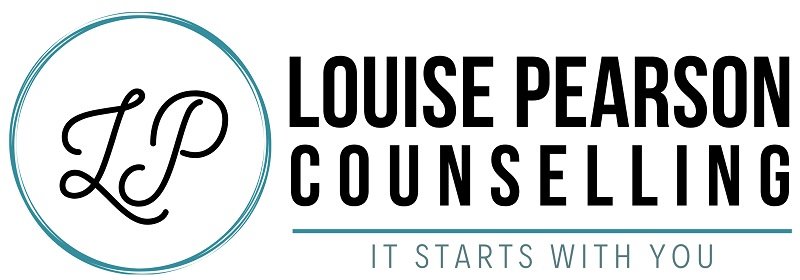So, picture this! I’m lying in bed late last night and flicking through YouTube to find something which might just send me to sleep. I happened to stumble upon a Podcast by Andrew Huberman, and of course the opposite happened; I was suddenly wide awake and interested. It was called The Science of Gratitude and How to Build A Gratitude Practice, and if you love neuroscience like I do and are a firm believer in gratitude practices as I am, then you might understand that I found it riveting.
So, assuming you are not as into neuroscience as I am, and that you’ve heard my ideas on gratitude journaling before, what were his key messages which might grab your attention? Well for me, there were three main things to take away.
Firstly, if you’ve never been into writing out lists of things from your day to be grateful for, or of lying down trying to do a gratitude meditation, according to this Podcast, you may not need to worry. Recent studies have found that instead of us finding things that we should be grateful for, we gain the most in terms of mental wellbeing by being the one who receives gratitude. To me, when I pull that apart, it makes sense. Try it out … think about a time when someone was really, honestly and obviously grateful for something that you did. It might be that you saw someone drop their purse and gave it back to them. It might be that you got a really heartfelt positive appraisal from a manager at work … when you remember the experience, that feeling of being appreciated for helping someone is very powerful.
So, that brings me to the second take-away point which is that if we are the sort of people who like to give credit where it is due, we have a fairly powerful tool at hand, for giving others positive experiences; and it is so easily done, with a text message here, or a word of honest thanks there. It costs so little from us, but so long as we are genuine in terms of what we say, we can make a big difference to the mental wellbeing of those around us. Studies which look at what is going on in the brain have shown that that feeling can reduce anxiety for example and have a positive impact on sense of wellbeing.
Now if we’d actually like to have some of this positivity for ourselves, Andrew does have some ideas for how to do this. Firstly, he suggests that we can comb our own experiences for times when people have been really grateful for something that we have done and think through that story, recreating those emotions from the memories. However, he also explains how as human beings, we relate so well, experience real emotions ourselves, just by hearing or reading the stories of others. I think most of us would agree that when we are listening to a story, there will be subjects that trigger our emotions. For me, for example, something which will often raise my empathy barometer is the plight of little children. When I hear about someone coming along to save the day and make them safe for example, I feel a real sense of gratitude that they are safe. So, he says that if we can’t find anything really powerful from our own experiences, we can think about a story that has impacted us. He suggests that we write down the key points … what the scenario was, what help was needed, and then what help was given. Then, he recommends that we use that story just three times a week to really think into those emotions. He suggests that we only need do it for a minute or two each time, but that the impact on our neural pathways and our own senses of wellbeing will be noticeable.
So, I urge everyone to try it out. Also, keep it in mind when you do have a really positive experience with someone being grateful to you. Many of us have learned a lot in the past about modesty. We’ve often been taught not to keep reliving nice things that are said to us, with the accusation sometimes being that we are “jumped-up” or “big-headed”, with the message being that it’s okay to focus on what we need to improve or what we’re doing wrong. The reality is however, that we don’t have to keep reading this lesson, we can change that, and one way to do that is to start taking note of those times when you are the recipient of gratitude. If you find them hard to remember, look out for them, and write them down so that you can keep them and the feelings associated alive in your memory and build them into your gratitude practice.
Of course, I also urge you to go and listen to Andrew’s podcasts because … I’m barely scratching the surface in terms of what he has to say. Also, if you have listened to a podcast which you’ve found really beneficial or which changed your perspective, then feel free to share it with us in the comments.
